Part Two – The USSR and Gulag
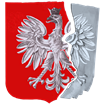
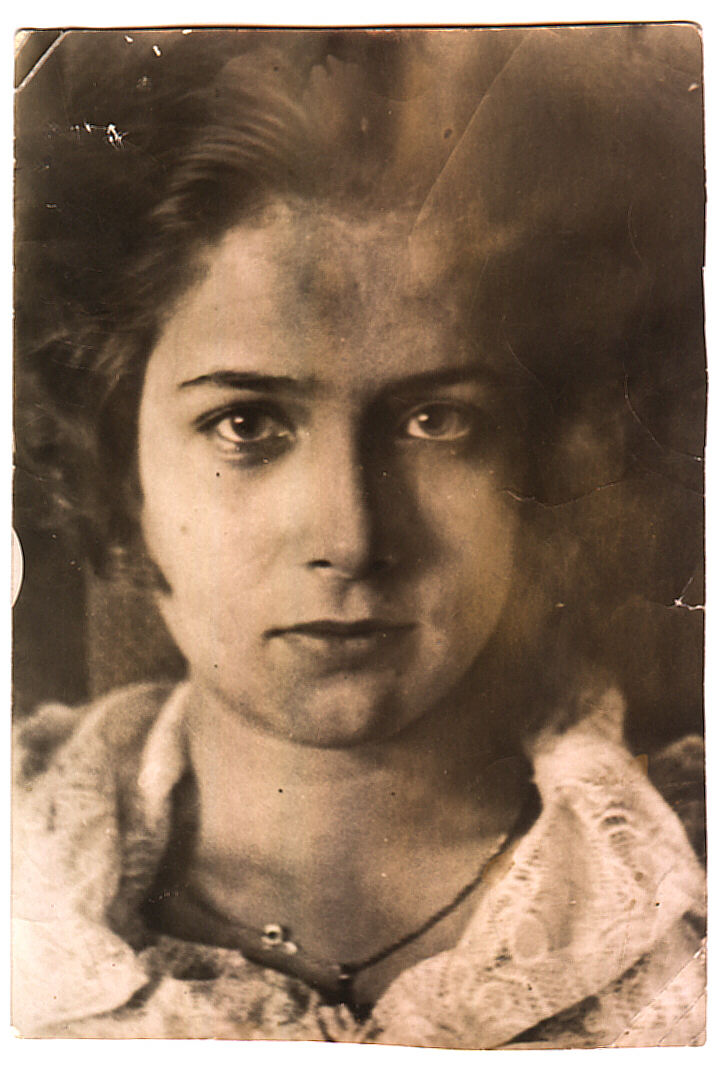
Janina Sulkowska, 1934
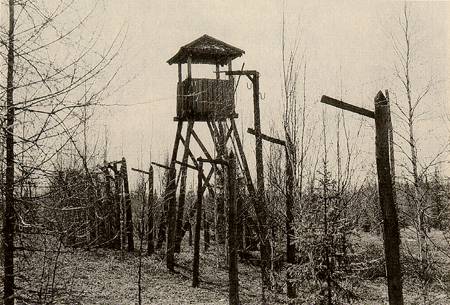
Gulag Tower
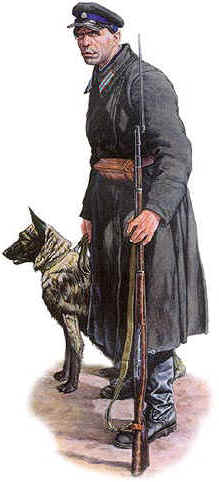
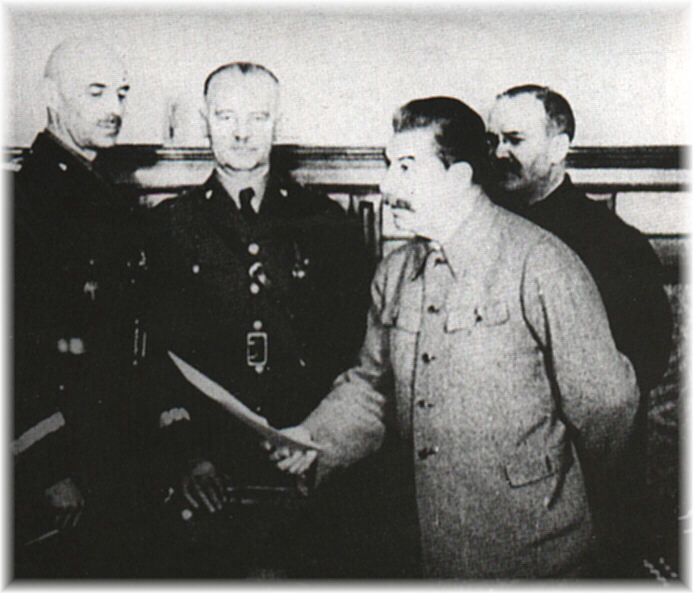
Amnesty For Poles: Stalin with Generals Anders and Sikorski in Moscow, 1941.

The Death of Julia
On one of our foodless “lunch breaks” we heard a gunshot from the forest. We were too tired to think about it–but when we returned to camp we learned of a tragic death resulting from that single shot. On the transport here, my group had taken a vulnerable high school student under our wing. I was impressed how Julia Kosowska had regaled us with recitations of Polish poetry in our cattle car. But on arrival she’d fallen in with a gang of Russian criminals. We tried to convince her to join us, but she was controlled by the older women in the gang who used violence and manipulation. These leaders, covered in obscene tattoos and self-inflicted scars, even worked out deals with guards. The last time I saw Julia, her startling blue eyes were now dull and resigned.
I learned from other prisoners that Julia had been shot. That morning she had gone around acting strangely and apologizing to members of her work brigade. At midday break, two cries of “Halt!” came from the forest. And then a single shot. Julia was killed while trying to escape, but we knew that it was suicide. But there were questions: the shot had come from a pistol, and the only person who carried one was the Convoy Commander. And the bullet had been fired at close range and from the front. Why had they not tried to stop her physically?
Her body was taken to the mortuary where one the women was able to go and say a prayer. She said that Juila’s eyes were open wide in surprise, but that she also seemed to be smiling. A special commission confirmed that she’d been shot at close range and from the front, but it was classified as an “escape attempt resulting in death.” The death certificate was signed by the notorious “Doctor” Lukas who also signed them for the Polish officers executed for escaping. Lukas was a hated figure, a Pole and supposedly a cleric, who was impersonating a doctor. The other camp doctors, Poles and Polish Jews, also prisoners themselves, were empathetic and tried to help even though there was little they could do. But Lukas was cruel and heartless–talking to us in poor Russian. Everyone tried to stay clear of this collaborator and he was treated with contempt.
Julia’s death was similar to that of an older Ukrainian women in our work brigade. She understood nothing of the politics that sent her to the Gulag, and dreamt only returning to her home, thousands of kilometers away. Often she’d ask a co-worker where her village was.
“Over the mountains,” we’d say and point to the horizon, at which she’d stare as if her house was just over the next hill.
One day she decided to walk back to her beloved family which needed her. She just dropped her tools and set off for her village. They shot her for trying to escape.
My Sentence At Last…
I was in my second year of captivity and at forced labour at that, but I still hadn’t been charged with any crime, much less sentenced for it. Some of the Polish women petitioned the camp commandant, who merely replied: “Don’t worry–you’ll get your sentence.” And in spite of the war, Moscow hadn’t forgotten about us. In the middle of July we were summoned in a large group to the camp headquarters where each of us was called to a table and handed her “sentence” which we had to read and sign. I was found guilty under article 58 – 2 – 11 of the Soviet Penal Code for participation in a “revolutionary Polish-Ukrainian organization.” I didn’t know what organization they were referring to, until I recalled the magazine Mloda Wies, taken from my home, which my interrogators had been obsessed with.
I received 8 years in a hard-labour camp, including forfeiture of property and denial of rights. It was in effect a death sentence as few survived the labour camps. Only two others received 8 years, most getting sentences of 3 and 5 years in a labour camp. Yet most of us felt that the German-Soviet war would be our deliverance and that eventually freedom would come our way. If we could just hang on.
During the summer we’d sleep outside our barracks, preferring mosquitos to lice and bedbugs. One night under the stars I opened my eyes–and saw nothing. The morning was a hazy landscape filled with vague shadows. I realized I was suffering from “chicken blindness” caused by avitaminosis, resulting in temporary blindness. Luckily at that time, as Stachanowki, we were receiving small sardines as reward for our work, and Marzenka slipped me her portion of fish so that my sight returned to normal. Loss of sight was merely a step to full-blown scurvy, and I met women who were losing teeth and hair, and who eventually died. We were working near the camp, where we quickly converted the overgrown gardens into a valuable source of vegetables. We were able to nibble on beets, cucumbers and other sources of vitamins and nourishment, as well as smuggling plants in our cuffs and clothing to women and men toiling in the brick yards and the forest. Besides being tormented by lice, fleas, ticks and mosquitos, we had to contend with the black fly, which could drive a person mad with its incessant bites. We were pretty sights indeed swollen from black fly bites, and covered in mud and preventative ointments. And what’s worse, Marzenka and several us came down with an attack of the scabies. We were good workers so we received two days off, balm, and a sauna with soap.
“Amnesty”
One day at work we observed the Kawecze approaching us with papers under his arm. Who would be his victim today? But he seemed genuinely moved as he declared: “You Poles are going to freedom and together we’ll defeat the Germans!” Marzenka and I stared at each other. He then went on to read the agreement between the Polish Government-in-Exile and Moscow, signed in July 1941, in which the words “Polish Army” and “Amnesty” resounded. Stalin, facing defeat by Germany, agreed to utilize the Poles he’d deported (hundreds of thousands were already dead on his orders) to form a Polish army. We were infuriated that the Soviets were granting us an “amnesty” since we weren’t guilty of anything–but we were too elated to raise objections. The camp was abuzz with the news. Men brushed off their tattered uniforms and marched like soldiers again. On every Pole’s lips was the word “Freedom!” But other prisoners refused to believe it; never had they heard of such a thing happening in the Soviet Union.
But it was still off to work for us. The quotas had be met in spite of agreements between Stalin and Anders. None of us were going anywhere, except for one lucky woman who was released immediately because she was Polish-American. We saw her off with waves as she left to be reunited with her husband and son also released from the camps. Did they ever make it back to America? That place seemed as distant and mythical as the moon.
In early September a group of seventeen prisoners, including myself, was called forth. All Poles except for two Russians. “Freedom!” we all exclaimed. But to our horror, we were not headed for freedom–but for Camp No. 6, which served as a punishment prison for Dry-Without-Water.
A Prophecy
In desperation many of us turned to an old Romanian woman called “Moses” who had powers of prophecy. I paid her with a cigarette and she lifted the blanket to her corner of the barracks. Here she foretold my future with the aid of dried bread-balls which she threw down on a cloth and “read.”
Moses told me my fate: “You will be separated from everybody and will be very sick and close to death. Your life will change for the better only in February, and you’ll find yourself in a place where there’s many women and few men. But then you’ll travel to where there’s few women and many men, and you’ll be sick here once more. Along the way you’ll also meet your future husband–but only very briefly, and you’ll not see each other for a long time. Eventually you’ll meet and get married.” It seemed totally improbable to me. Yet I made a note of it.
In a few days we were transferred to the dreaded Punishment Camp Number 6.
Christopher Jacek Gladun was born in 1951 and grew up in Canada to where his family emigrated from England as displaced persons. Sadly, Chris died in Toronto in March 2003. He held a diploma in Journalism from the Niagara College and a BA in Polish Language & Literature from the University of Toronto. Chris also acted as interviewer and researcher for the documentary film “Rescued From Death in Siberia”.
This content is now maintained by the Kresy-Siberia Group, which Chris was a charter member of and which is taking his website and his research work forward.